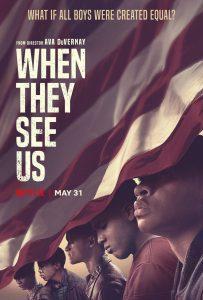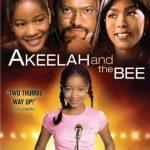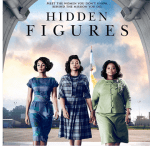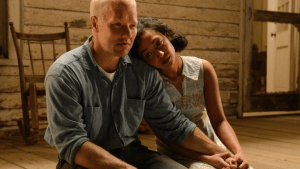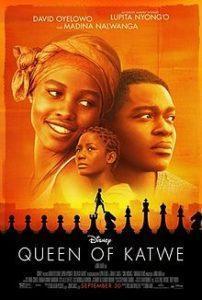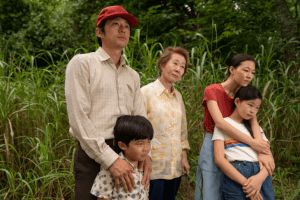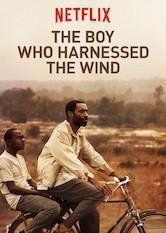“When They See Us” Netflix
Ava DuVernay
For mature teens ages 15 and up. Parental discretion is advised due to disturbing content.
Review by SJC member Mary Pritchard
Back in 1989, headlines across the country described five young Black and Hispanic men from Harlem as the Central Park Five who were picked up by police on the night that white jogger, Trisha Meili, was found brutally raped and left for dead in Central Park. Netflix’s four-part docuseries “When They See Us” takes us through the story of Kevin Richardson, Raymond Santana, Yusef Salaam, Antron McCray, and Korey Wise – all 14-16 years old falsely accused of the crime of brutal rape and assault- from the time they were taken to the police station to their eventual exoneration of the crime 12+ years later.
In this series directed by award winning Ava Duvernay (Selma, 13th) we see the horrifying interrogation and dehumanizing treatment of the boys by the police and detectives, the coerced confessions to force a plea deal, the rush to judgment and conviction by the prosecution and the press eager to solve the crime despite timelines and conflicting accounts, and the eventual imprisonment of these five young men for a crime they did not commit. Exonerated of their crimes and finally released from prison in 2002, four of the youths served sentences at juvenile detention centers for more than six years, and the 16 year old served 12 years in adult prison. We see their struggles to deal with life in juvenile detention, its effect on their families, and the trauma of time in adult prison. The final episode focuses on the toll of imprisonment and the many barriers and challenges faced on re-entry to their communities. This film reminds us that youth sentenced as adults carry their criminal record their whole life diminishing their chances to find jobs, decent housing, student loans, go to college, join the military, or even vote in some states. This system basically keeps people imprisoned for life.
Lucy Mangan from The Guardian complimented the mini-series, saying it is “a dense, fast-moving series that examines not just the effects of systemic racism but the effects of all sorts of disenfranchisement (though you could argue they all have that same root cause) on people with the boys’ background. The lack of money that leads to inadequate lawyers and mothers unable to visit their sons incarcerated in distant places. The lifetime of fear and vulnerability that causes one parent to encourage his son to sign the confession so they can leave the station and sort things out later. The powerlessness in the face of an authority that doesn’t look like you or care about you.” (emphasis mine) We know this to be true in Lawrence. The need for more district attorneys, defense attorneys, and judges of color is paramount to delivering justice to people of color. As I was watching “When They See Us,” I was reminded of South Church member and defense attorney, Jennifer Capone, commenting that “our system is designed to keep people down without even finding out who they really are.”
“When They See Us” is difficult to watch but we cannot turn away. Our justice system is in terrible need of reform. We need to educate ourselves about our criminal justice system. We need to understand the racial disparities on how people of color are treated when they enter the legal system. We need to understand the power that prosecutors wield and the travesty of how the plea deal is often used in a miscarriage of justice. We need to re-examine how our system of bail works to the benefit of those with money and privilege. We need to reform a parole system that is designed for failure on the part of the parolee. We need to think about a restorative rather than a retributive justice system. We need to envision alternatives to incarceration. Lady Justice demands nothing less of us.
Click here for a review from the New York Times, and click here to read more about director, Ava DuVernay.
Questions to Consider*: Please click here to share your thoughts and join the discussion on our Facebook page.
- In what ways did race impact how the boys were treated by the prosecutors, police, and media?
- How did this series impact your thinking on the power of prosecutors and law enforcement?
- How does incarceration impact the families and communities of those in prison?
- What does society owe to individuals who are proven to have been wrongfully convicted and incarcerated?
*Questions adapted from Campaign For Youth Justice (CFYJ) movie discussion guide

